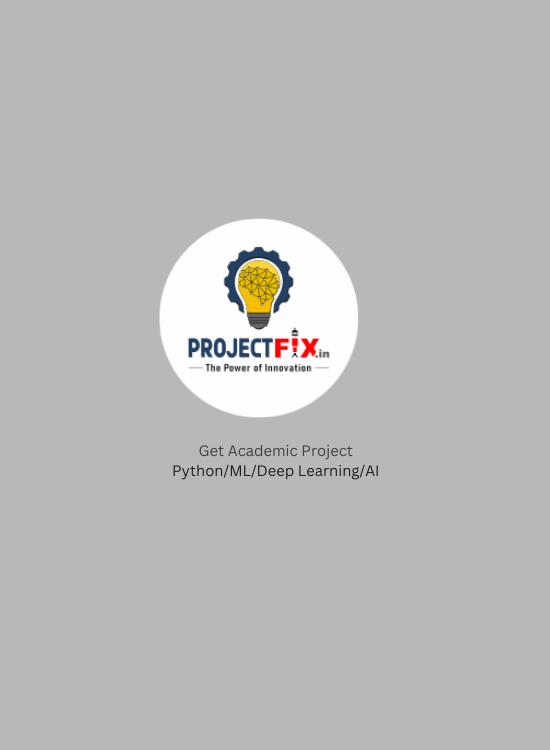Health prediction using machine learning
Health prediction using machine learning involves leveraging algorithms and statistical models to forecast health outcomes based on historical data and variables. This approach has transformative potential in healthcare by enabling early detection, personalized medicine, and proactive interventions.
Moreover, machine learning contributes to preventive healthcare by identifying high-risk individuals who may benefit from early interventions or lifestyle modifications. This proactive approach enhances disease prevention efforts and reduces healthcare costs associated with treating advanced-stage illnesses.
Overview
For instance, predictive models can forecast the likelihood of developing chronic diseases like diabetes or cardiovascular disorders based on genetic predisposition, lifestyle habits, and biomarkers. They can also predict the efficacy of different treatment options for individual patients, optimizing therapy plans and minimizing trial and error.
Moreover, machine learning contributes to preventive healthcare by identifying high-risk individuals who may benefit from early interventions or lifestyle modifications. This proactive approach enhances disease prevention efforts and reduces healthcare costs associated with treating advanced-stage illnesses.
Challenges in health prediction using machine learning include data privacy concerns, ensuring the ethical use of algorithms, and integrating predictive models into clinical workflows effectively. Addressing these challenges requires collaboration between healthcare professionals, data scientists, and policymakers to develop robust, transparent, and ethically sound applications of machine learning in healthcare.
In conclusion, health prediction using machine learning holds promise for transforming healthcare delivery by enabling personalized medicine, improving patient outcomes, and optimizing resource allocation. As technology advances and data availability grows, the potential impact of these predictive models is expected to expand, offering new opportunities to enhance public health and individual well-being.


